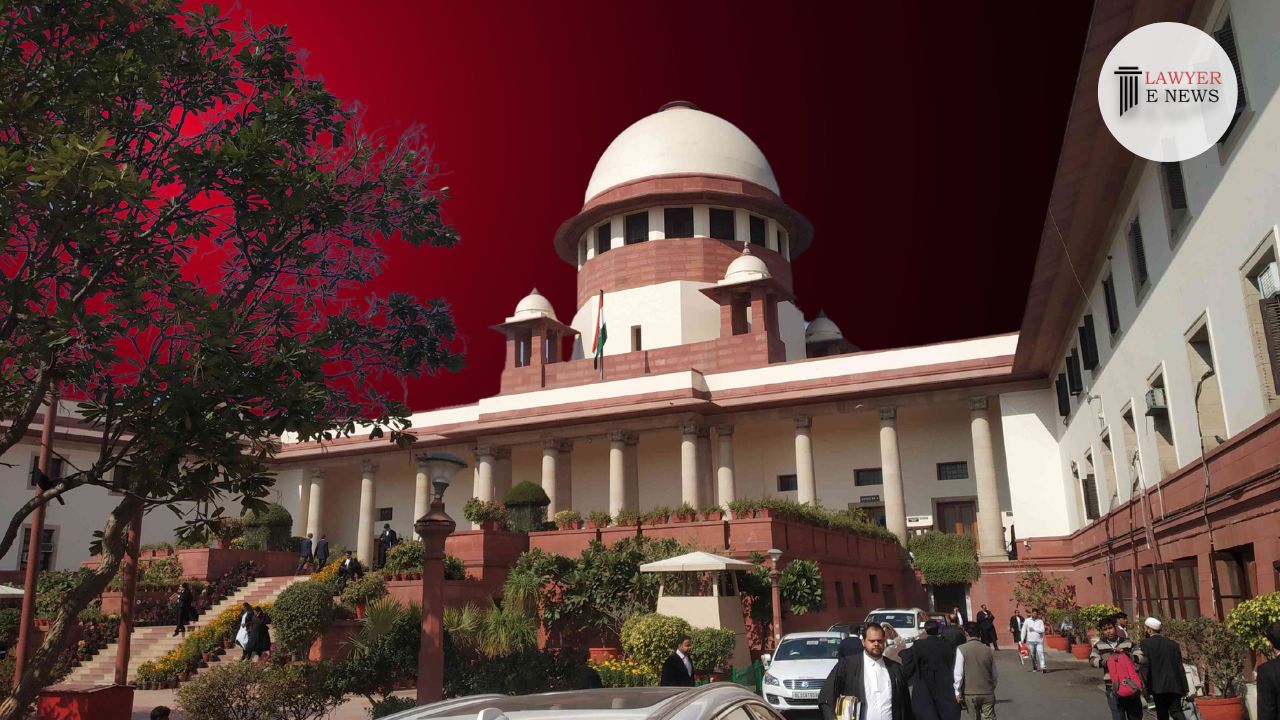-
by Admin
15 February 2026 5:35 AM



In a significant ruling, the Supreme Court of India has quashed the conviction and sentences imposed on the appellant in a high-profile rape and murder case involving a six-year-old child. The apex court cited multiple irregularities, contradictions, and gaps in the prosecution's case and investigation, leading to the failure of establishing guilt beyond reasonable doubt. The judgment was delivered by a three-judge bench comprising Justices B.R. Gavai, Vikram Nath, and Sanjay Karol.
The case revolved around the horrific rape and murder of a young girl, which sent shockwaves across the nation. While acknowledging the heinous nature of the crime and the immense pain and suffering endured by the victim and her family, the court emphasized the necessity of ensuring a fair and thorough investigation in such cases. The court observed that the prosecution had failed to undergo the necessary lengths and efforts to prove the guilt of the appellant beyond reasonable doubt.
During the course of the proceedings, the court pointed out various irregularities in the investigation, including the changing of investigating officers, non-compliance with legal provisions, delays in sample analysis, lack of proper documentation, and unanswered questions. Notably, the court highlighted the non-compliance with Section 53A of the Criminal Procedure Code, which governs the collection and preservation of samples for DNA analysis. The unexplained delays in sending the samples for analysis and the compromised integrity of the evidence raised serious doubts about its reliability.
The court emphasized that while DNA evidence can be a valuable tool in criminal investigations, it is not infallible. Citing previous judgments, the court highlighted the need for caution in relying solely on DNA evidence and the importance of considering other corroborative evidence in each case. In this particular instance, the court found that the circumstances forming the chain of commission of the crime did not conclusively point to the appellant's guilt.
The judgment also highlighted the role and responsibilities of investigating authorities in ensuring the protection of citizens and conducting fair and proper investigations. The court expressed concern over the numerous lapses in the investigation of this dastardly crime, which compromised the quest for justice and left the actual perpetrator unpunished.
In conclusion, the Supreme Court allowed the appeals and quashed the judgment of the lower courts. The conviction and sentences imposed on the appellant under Sections 302 (murder), 376 (rape), 377 (unnatural offenses), and 201 (causing disappearance of evidence) of the Indian Penal Code were set aside.
DATE OF DECISION: 19th May, 2023
Prakash Nishad @ Kewat Zinak Nishad vs State of Maharashtra
